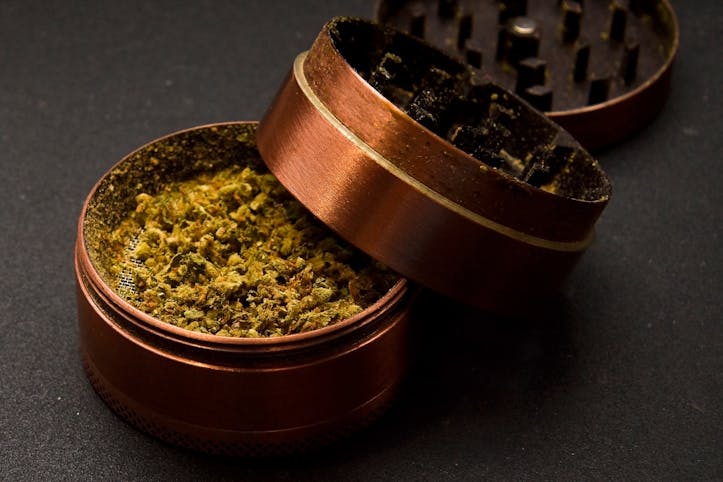Fasting Tea Benefits: Is Green Tea a Good Choice?

If you’re exploring the benefits of intermittent fasting, you might wonder if green tea fits into your routine. Known for its health benefits and mild flavor, green tea is often considered a fasting-friendly beverage. But is it the right choice for those who are fasting intermittently? Let’s delve into the science and practical tips behind incorporating green tea into your fasting regimen.
Understanding Intermittent Fasting and Green Tea
Intermittent fasting involves cycling between periods of eating and fasting, with the goal of improving health and often aiding in weight loss. During fasting windows, it’s essential to consume minimal to no calories to maintain the fasted state. This is where green tea comes into play.
Green tea is a calorie-free beverage (when consumed without added sugars or milks) that is packed with antioxidants called catechins. These compounds have been studied for their potential to aid in weight management and support metabolic health.
The Impact of Green Tea on Fasting
When engaging in intermittent fasting, the primary concern is whether a beverage will break your fast. The good news is that green tea is generally considered to not break a fast. This is due to its low calorie content and impact on insulin levels. In fact, green tea may enhance the benefits of fasting by:
- Boosting metabolism: The catechins in green tea have been shown to increase metabolic rate, potentially leading to greater weight loss.
- Enhancing fat oxidation: Green tea can increase the rate at which your body burns fat, making it a complimentary choice during fasting.
- Regulating blood sugar levels: The antioxidants in green tea help to maintain stable blood sugar levels, which is crucial during fasting periods.
How to Incorporate Green Tea into Your Fasting Schedule
To get the most out of green tea while fasting, consider the following tips:
1. Opt for plain green tea: Ensure that your green tea is free of added sugars, milk, or flavors that could add calories and potentially interfere with the fasted state.
2. Be mindful of caffeine sensitivity: Green tea contains caffeine, which can affect individuals differently. If you’re sensitive to caffeine, limit your consumption or choose decaffeinated versions.
3. Use green tea as a tool for appetite control: Drinking green tea during fasting windows can help manage hunger pangs and provide a comforting ritual.
Potential Side Effects and Considerations
While green tea is largely beneficial, there are some considerations to keep in mind:
1. Overconsumption risks: Drinking excessive amounts of green tea can lead to caffeine-related side effects, such as jitteriness, heart palpitations, or disturbed sleep.
2. Possible interactions: Green tea can interact with certain medications. Always consult with a healthcare provider before making it a regular part of your fasting routine.
3. Quality matters: Choose high-quality green tea to avoid contaminants that can be found in lower-grade teas.
In conclusion, sipping on green tea can be a positive addition to your intermittent fasting plan, offering health benefits without compromising your fast. Just remember to consume it in moderation and opt for high-quality, plain green tea to ensure the best results.
Explore the compatibility of green tea with intermittent fasting, its health benefits, and how it can enhance your fasting experience.
Recent Posts
- Fasting Tea Benefits: A Look at Alternatives to White Yogi Healthy Tea
- Fasting Tea Benefits After White Yogi Discontinuation
- Fasting Tea Benefits: What Happened to White Yogi Healthy Fasting Tea?
- Fasting Tea Benefits – What Happens When Discontinued?
- Unlocking Alternatives to White Yogi Healthy Fasting Tea
- Fasting Tea Benefits and Alternatives When White Yogi Healthy Brand Discontinued
- Fasting Tea Trends: The Discontinuation of White Yogi Healthy Tea
- Fasting Tea Discontinued: What’s Next for White Yogi?
- Fasting Tea Benefits and Alternatives to White Yogi Healthy Fasting Tea
- Fasting Tea Benefits: The White Yogi Healthy Brand Discontinuation
